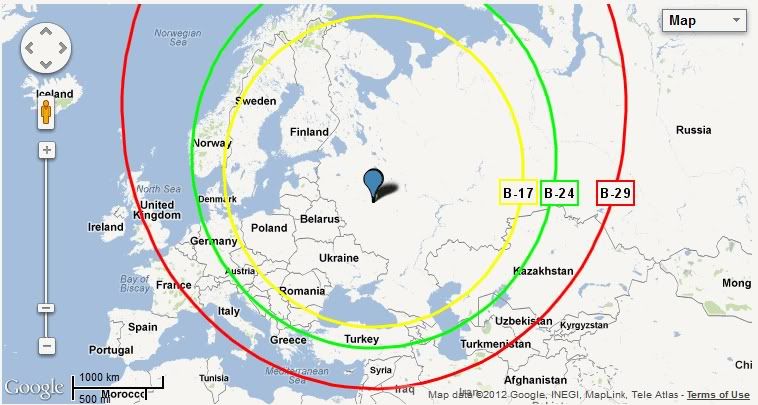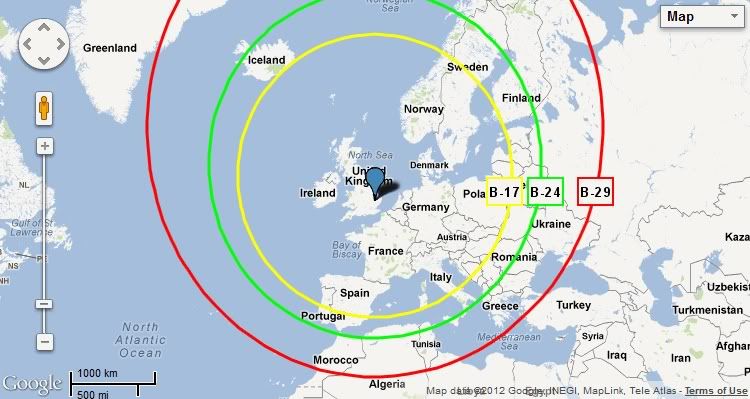All Italians love Operation Gladio, it saved them from Communism and made possible Silvio Berlusconi, the Northern League (forgot official name) and Vittoria Mussolini's party (total blank, unless it really is National Alliance, except I'm pretty sure that is one of our unquely American freedom-loving parties.)
However, the mention of Italy in this context should remind us that the US and English set the precedent for the powers of the conquerors of Axis territories over the new political and social regimes. Namely, that other nations are to have no say and the occupying powers can exercise what influence they see fit, in any form they see fit. The US and England excluded all Soviet influence, and fought determinedly against majority representation by anti-Fascists because the resistance was mostly Communist. The tactics of Operation Gladio were perfectly appropriate and entirely moral in the great struggle for democracy. Properly defined, of course.
As to the Yalta accords, unless the word democratic is defined, every Sovietized regime is defensible as democratic on the grounds that it excludes fascists and fascist sympathizers/collaborators while including economic democracy. Explicitly defining demoncracy to exclude the Soviet Union during a wartime conference would have been insane. It would have been exactly the same as switching sides, joining with Hitler.
All these Yalta scenarios are not new, though they are usually presented as conservative political counterfactual arguments rather than fiction or war games. Hitler was one of the greatest anti-Communists the world has ever seen. And, there are statistics that supposedly show that Stalin killed more people than Hitler. You do the math like you're supposed to. I think all such scenarios are secret wishes to have joined Hitler, because there was zero threat of Soviet expansionism after its devastating losses, even if there was a Soviet desire to do so. Anti-Communists falsify the historical record to claim there is some sort of expansionist drive inherent to socialism as there was one in the UK, France, Germany, Italy, Spain, Portugal and US.
On the other hand the western powers had enough trouble with the Germans on the western front against a minority of its forces. There was no way they were going to beat the armies that really beat Germany, not even with the wet dream nuking of Moscow.





